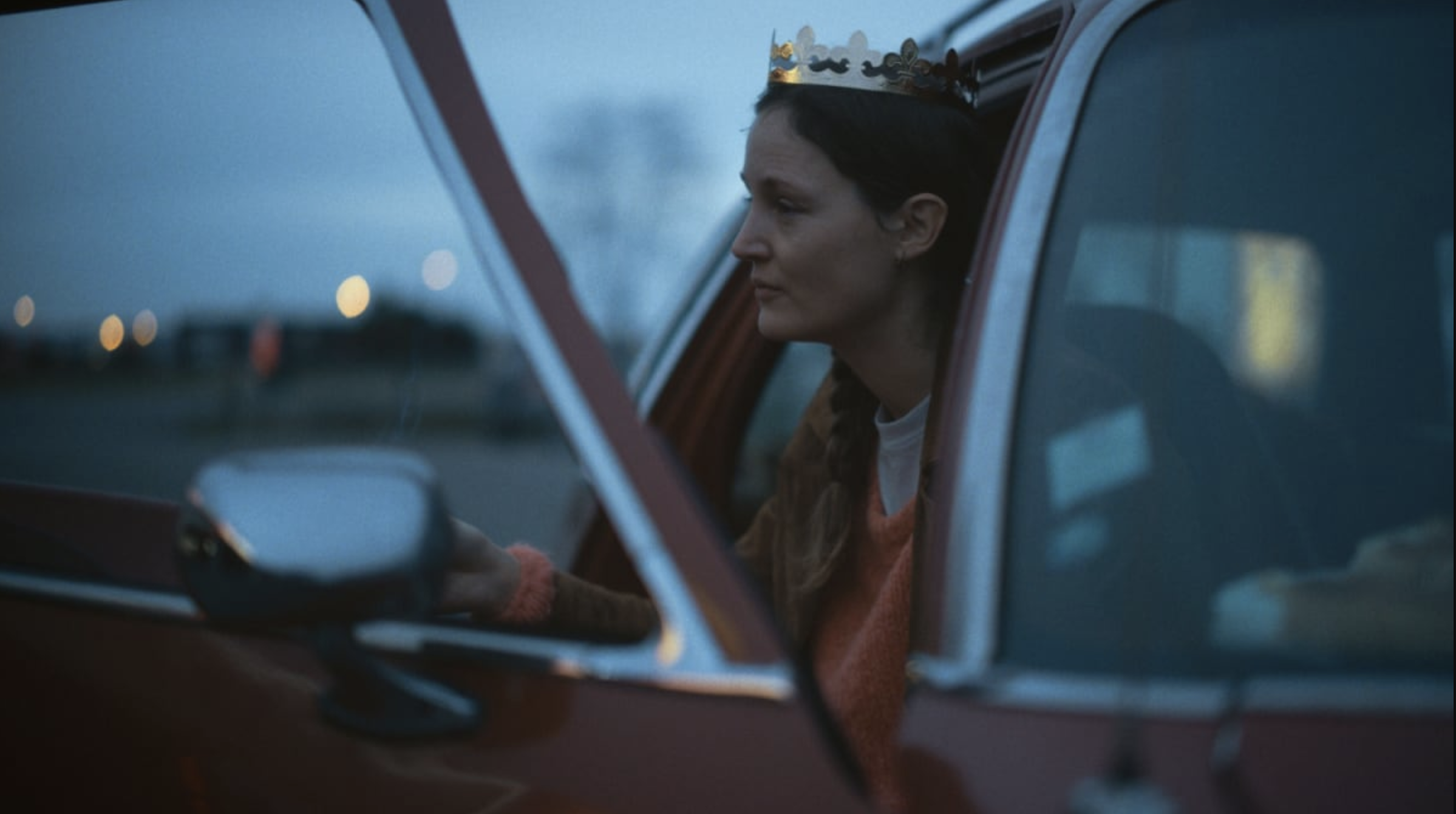HOLD ME TIGHT
Directing: B
Acting: A-
Writing: B
Cinematography: B+
Editing: B
Spoiler alert! For a good long while in Hold Me Tight, you are quite deliberately led to believe it’s about a woman named Clarisse (Vicky Krieps) who abandons her family, a husband and two kids. This is a French film that few of any of my readers are likely to watch—hell, many of my regular readers probably won’t even read this review—so I have no qualms with revealing right now that the movie takes a turn and reveals this isn’t what it’s actually about at all.
Granted, the actual subject at hand is just as sad, if not more so. I won’t spoil what it is; even I have to draw a line somewhere. I will say that this movie is basically a bummer, and it is also confusing. Even during the extended stretch of time in which we think Clarisse has abandoned her family, the editing creates a multi-pronged narrative that is in no way literal, and only occasionally do you feel fully grounded in a given particular timeline.
One of the challenges of Hold Me Tight is how it is in no way stylized, and yet a lot of it ultimately reveals itself to be fantasy. The trick is in identifying which scenes are fantasy and which are reality, or at least memory of reality.
Ultimately this movie is about a woman struggling to come to grips with her tragic circumstances. I struggled to come to grips with how these circumstances are framed, although I still had an appreciation for its unusually frank reflection of a mind under the immense pressures of grief.
Hold Me Tight is quite highly critically acclaimed, and I can see why. Writer-director Mathieu Amalric has crafted something of unique artistic vision, and I can’t deny that his film has an almost hypnotic pull to it. It’s also far from populist, though, and the Venn Diagram of blockbuster action fans and cinephiles interested in movies like this barely has any overlap.
I suppose this movie might offer some level of catharsis for people who have had dramatic and severe reactions to the loss of loved ones. But, what of everyone else? I struggle to imagine this movie ever having a very large audience. Only a surprisingly viable Oscar run would give it even a modest boost, and there’s no potential for even that. This isn’t even really a tearjerker, although it’s certainly deeply melancholy. Amalric seems more interested in visually intellectualizing the experience than engaging in true emotional interrogation.
I suppose it’s a good movie for discussion, which is perhaps part of the intent: to be provocative. It certainly is on a narrative level, the way it pulls the rug out from under you, when you think it’s about one thing and then it turns out to be about something completely different. Let’s just say that Clarisse is an unreliable narrator—a difficult thing to pull off in film, but Amalric manages it.
It’s not what it looks like.
Overall: B

